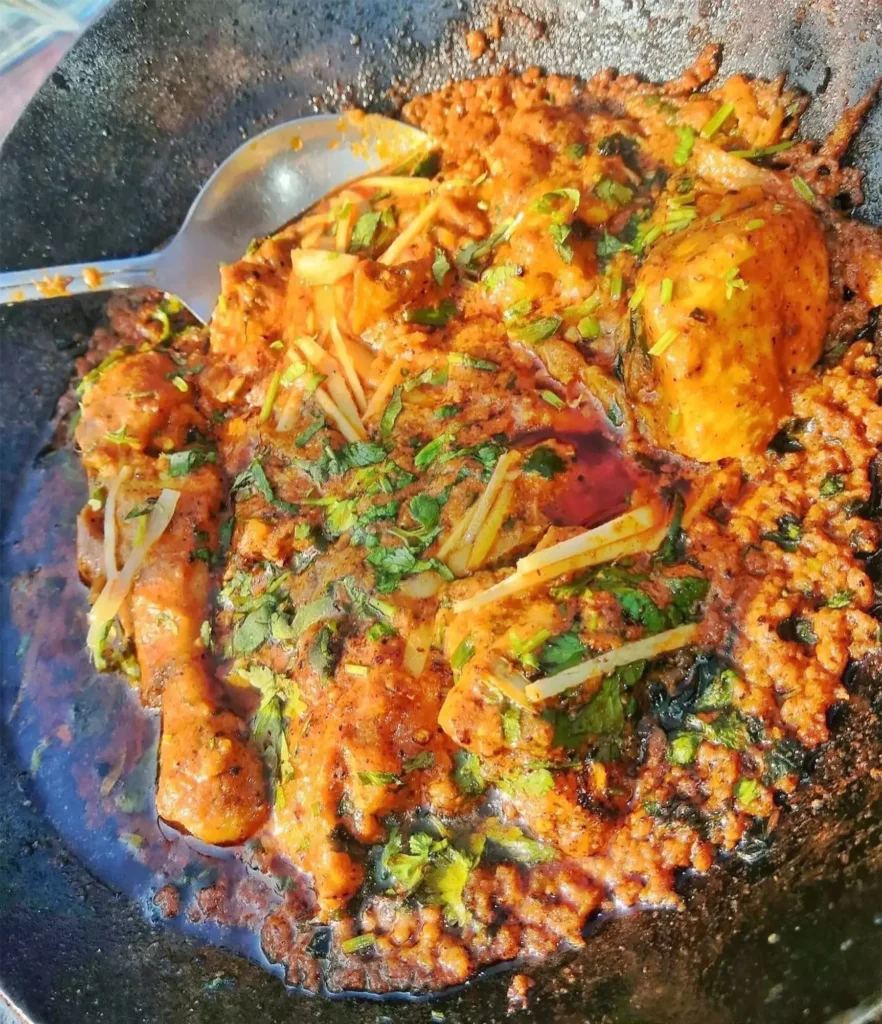
The Qabail Tribes represent one of the most fascinating and resilient communities in South Asia, particularly across the rugged and historically significant region once known as the Federally Administered Tribal Areas (FATA) of Pakistan. The word Qabail itself translates to tribes, and it captures the essence of a people whose identity is deeply rooted in kinship, tradition, and honor. For centuries, the Qabail Tribes have lived in close connection with their land, drawing strength from their customs, tribal codes, and unwavering sense of independence.
At their core, the Qabail Tribes embody a way of life that prioritizes unity and loyalty to family and clan. The tribal system is built on a strong foundation of collective responsibility, where decisions are often made through jirgas — traditional councils of elders. These gatherings are not only mechanisms of justice but also expressions of community wisdom, where disputes are resolved and harmony is restored without reliance on formal courts. This system has allowed the tribes to preserve their autonomy and cultural values for generations, even under external pressures.
The geography of the tribal areas has played a significant role in shaping the character of the Qabail Tribes. Nestled among towering mountains and rugged valleys, these tribes have historically been shielded from direct control by outside powers. From resisting colonial expansion during the British Raj to maintaining their distinct identity in modern times, the Qabail have often been viewed as fierce defenders of freedom. Their resilience is not just physical but also cultural — they hold tightly to traditions that define who they are, even as the world around them changes rapidly.
One of the defining elements of the Qabail Tribes is their adherence to Pashtunwali, the ancient code of conduct that governs social behavior. Pashtunwali emphasizes values such as hospitality (melmastia), honor (nang), and protection of guests (nanawatai). It is a moral compass that influences everyday life, dictating how individuals interact with one another and how the tribe maintains cohesion. These values are more than abstract concepts; they are living practices that continue to shape the daily rhythms of Qabail society.
Culturally, the Qabail Tribes are rich in oral traditions, music, poetry, and folklore. Their stories, often passed down through generations, serve as both entertainment and moral lessons, preserving the collective memory of the community. Hospitality is another cornerstone of their culture. A guest in a tribal home is treated with utmost respect and generosity, regardless of their background, reflecting the deep-seated belief in honor and dignity.
Economically, life in the tribal areas has traditionally been tied to agriculture, livestock, and small-scale trade. The terrain is challenging, yet the tribes have long adapted to it with remarkable resilience. In modern times, many members of the Qabail Tribes have ventured beyond their homeland, contributing significantly in professions ranging from the military and law enforcement to business and education, while still maintaining ties to their roots.
Integration with the wider political and economic framework of Pakistan has opened new opportunities but also brought challenges. Issues such as education, healthcare, and development are increasingly at the forefront of discussions about the future of the tribal regions.
Ultimately, the story of the Qabail Tribes is not just about a community in one corner of the world. It is about the universal human desire to preserve culture, to live with dignity, and to honor the past while navigating the future. The Qabail stand as guardians of tradition, embodying values that continue to inspire respect and admiration. Their legacy reminds us that even in a rapidly modernizing world, the strength of community and the wisdom of heritage remain powerful forces that shape human identity.
Reviews
There are no reviews yet.